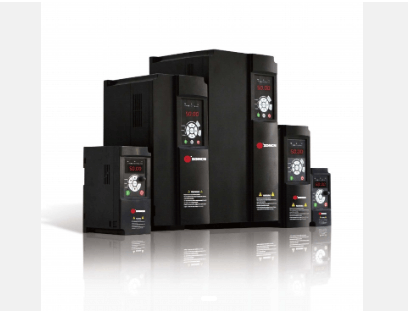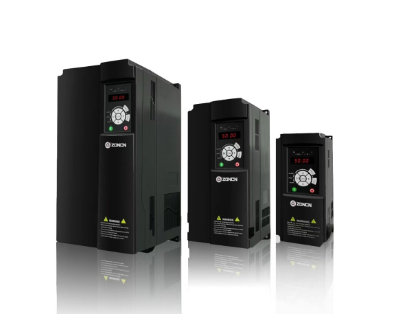
Inverters are widely used in various fields, especially in areas with unstable AC power. Camping enthusiasts can use inverters to convert the 12V battery of a car or RV into 110V AC to power appliances such as TVs, computers and lamps. Usually an inverter is an excellent device that converts low-voltage DC power into high-voltage AC power, so how does a 110V to 12V inverter work?
Working principle of 110V to 12V inverter
A 110V to 12V inverter is an electronic device used to convert 110 volts of alternating current (AC) to 12 volts of direct current (DC). This device is usually used in application scenarios that require low-voltage DC power, such as automotive electronic devices, portable electronic devices, and some small household appliances. The working principle of the inverter is to convert high-voltage AC power into stable low-voltage DC power through rectification and voltage stabilization circuits.
First, the inverter converts the input 110V AC power into pulsating DC power through a rectifier (usually a diode bridge).
The rectified pulsating DC still contains high-frequency fluctuations. To obtain more stable DC, the inverter uses a filter to smooth the current and reduce fluctuations.
The rectified and filtered DC is still high voltage (close to 110V DC), so a step-down converter is required. This converter uses high-frequency switches and control circuits to convert high-voltage DC to the required low-voltage DC by adjusting the on-time (duty cycle) of the switch.
Finally, the inverter’s voltage regulator circuit ensures that the output voltage is constant at 12V.
Advantages of 110V to 12V inverters
Many inverters are compact, easy to carry and install, and are particularly suitable for vehicle and outdoor use. They are usually designed to be plug-and-play, and are very easy to install and use.
110V to 12V inverters can provide power to a variety of devices that require 12V DC.
Inverters have many built-in functions to improve equipment safety. Such as overload protection, short circuit protection, overheating protection, etc.
If we use inverter-related products for a long time, the life and reliability of the inverter can help us reduce maintenance and replacement costs.
Disadvantages of 110V to 12V inverters
In the process of converting 110V AC to 12V DC, the inverter will generate a certain amount of energy loss, which is usually dissipated in the form of heat, which means that not all input energy can be effectively used.
Of course, the solution is to equip it with fans for heat dissipation, but these fans may make noise when working, especially in a quiet environment, which may become a disturbance.
The inverter may generate electromagnetic interference during the conversion process, affecting the normal operation of other electronic equipment nearby. Especially when used near sensitive communication equipment or medical equipment, please pay attention.

